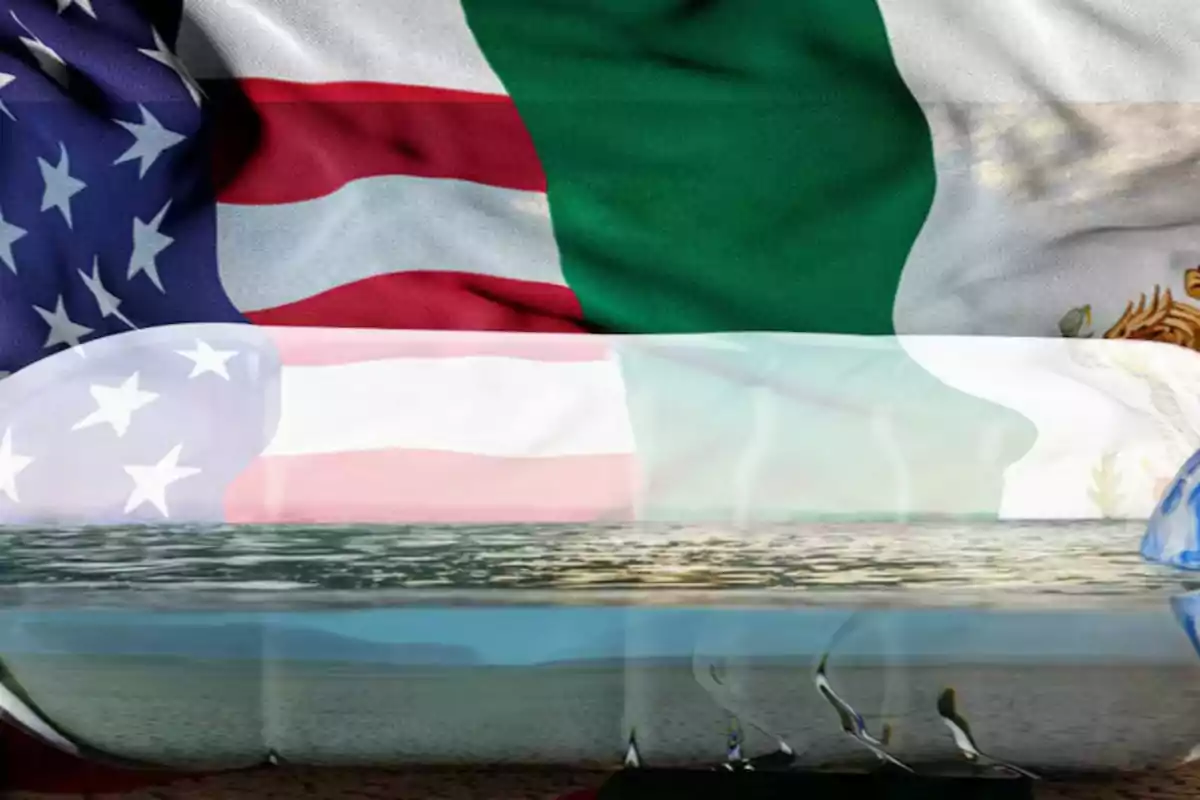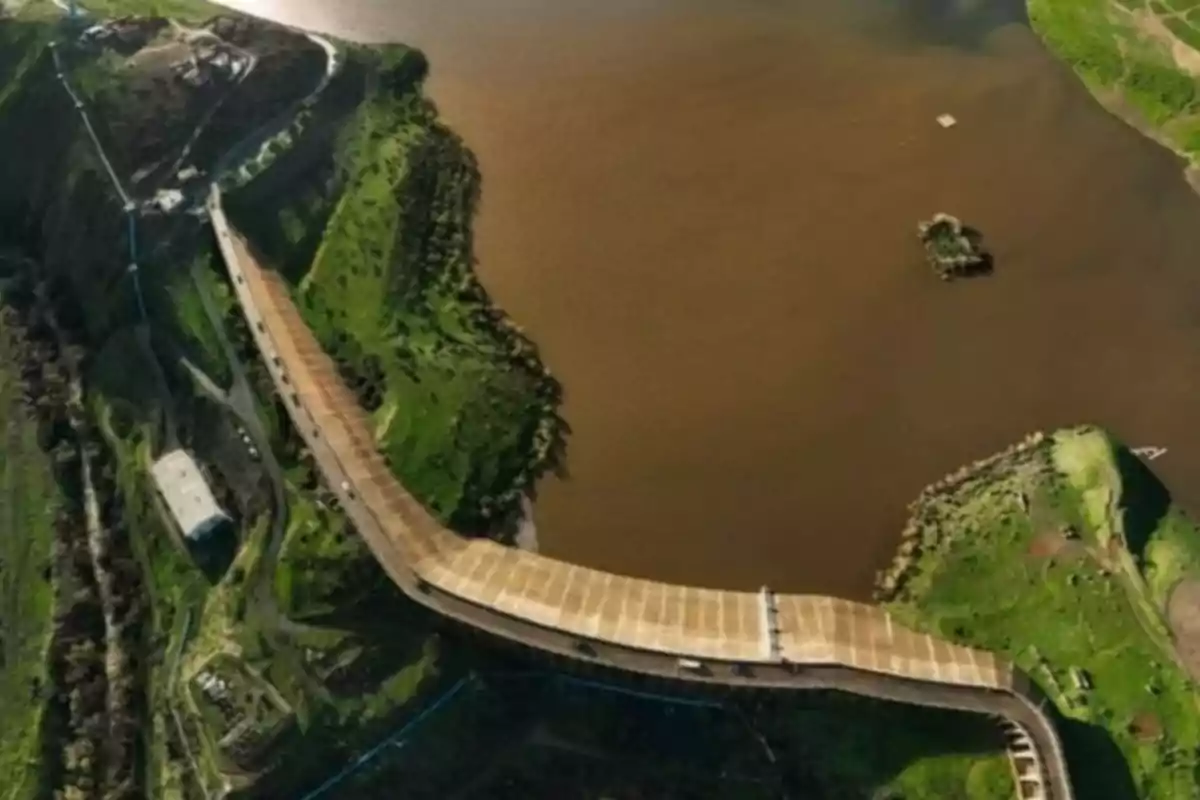
United States denied water delivery to Tijuana due to Mexico's non-compliance
Amid a tense relationship, the United States seeks to change an 80-year-old treaty
For the first time in history, the United States has rejected a special request from the Mexican Government for an additional delivery of water from the Colorado River intended for the city of Tijuana.
This decision is based on alleged non-compliance by Mexico in delivering water from the Rio Grande to Texas farmers, as established in the 1944 Water Treaty.

Historical context of the 1944 Water Treaty
The 1944 Water Treaty is a bilateral agreement that regulates the distribution of international waters between Mexico and the United States, specifically from the Tijuana, Colorado, and Rio Grande rivers.
According to this treaty, Mexico must deliver to the United States a five-year quota of 2,158 million cubic meters of water from the Rio Grande.

In return, the United States commits to supplying Mexico with 1,850 million cubic meters annually from the Colorado River.
Non-compliance and repercussions
In recent years, Mexico has faced difficulties in meeting its obligations to deliver water from the Rio Grande, affecting farmers in the Rio Grande Valley in Texas.
These non-compliances have caused diplomatic and economic tensions between both countries. As a response, President Donald Trump's administration decided to deny Mexico's request for a special allocation of water from the Colorado River intended for Tijuana.
Impact on Tijuana
Tijuana, a city with more than 1.8 million inhabitants, heavily depends on water from theColorado River for its supply.
The United States' refusal to provide this special delivery could exacerbate the water crisis in the region, affecting both the population and industrial and agricultural activities.
Additionally, the city has already faced recent issues related to water supply, such as the repair of the Florido-Aguaje aqueduct that left 632 neighborhoods without service in January 2025.
Political reactions
The decision has been supported by U.S. politicians, such as Senator Ted Cruz, who called the measure "excellent" and emphasized the importance of protecting the interests of Texan farmers.
Meanwhile, Mexican authorities have expressed their concern about the repercussions of this decision on the population of Tijuana and have urged seeking diplomatic solutions to solve the conflict.
Future perspectives
The United States' refusal to deliver water to Tijuana highlights the fragility of international agreements on water resources and the need for sustainable and equitable management.
Both countries must engage in negotiations to ensure compliance with the treaties and secure the water supply to the affected regions.
Additionally, it is crucial to implement measures to improve water infrastructure and efficiency in water use on both sides of the border.
The recent decision by the United States to deny a special water delivery to Tijuana due to Mexico's non-compliance with the 1944 Water Treaty underscores the importance of international cooperation in managing shared resources.
It is essential that both countries work together to solve discrepancies and ensure the well-being of their populations, especially in vulnerable regions like the Mexico-United States border.
More posts: